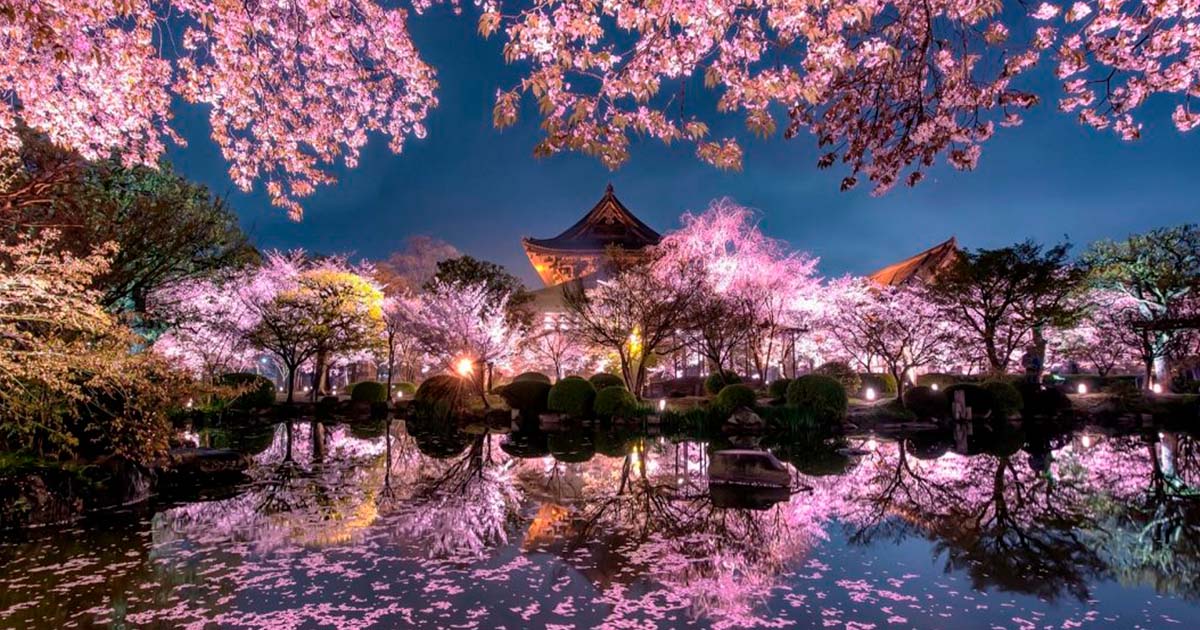
Japan is renowned for its traditional onsens (hot springs), which offer a unique and relaxing experience steeped in centuries-old customs. These natural hot springs are found throughout the country and provide a perfect way to unwind, soak in therapeutic waters, and enjoy the serene beauty of Japan’s landscapes. Here’s a guide to some of the best traditional onsens in Japan.
Overview: Located near Tokyo, Hakone is one of Japan’s most famous hot spring areas, known for its scenic views of Mount Fuji and numerous ryokan (traditional inns) with private and public baths.
Highlights: Enjoy the therapeutic waters of various onsens, visit the open-air baths, and explore the beautiful Hakone region with its lakes and mountains.
Overview: Kusatsu Onsen is renowned for its high-quality, highly acidic waters believed to cure various ailments. The town is centered around the Yubatake (hot water field), where the hot spring water gushes out.
Highlights: Experience the Yumomi performance, where locals stir the hot water to cool it down, and enjoy soaking in the outdoor baths surrounded by nature.
Overview: Beppu is one of Japan’s most famous hot spring resorts, boasting the largest volume of hot spring water in the country and a wide variety of bathing options.
Highlights: Explore the "Hells of Beppu" (Jigoku), a collection of unique and colorful hot springs for viewing, and relax in the various public baths and sand baths.
Overview: Noboribetsu Onsen is located in Hokkaido and is known for its diverse hot spring waters, each with different mineral compositions beneficial for health.
Highlights: Visit the Jigokudani (Hell Valley) with its dramatic volcanic landscape and enjoy the therapeutic baths in the many ryokan and public bathhouses.
Onsen Etiquette: Before entering the onsen, it is customary to wash and rinse your body thoroughly. Bathing suits are not allowed; instead, you bathe naked. Be respectful of others by keeping noise to a minimum and following the local customs.
Health Benefits: Onsen waters are rich in minerals such as sulfur, iron, and magnesium, which are believed to have various health benefits, including improving circulation, relieving muscle pain, and rejuvenating the skin.
Visit Different Types: Try both indoor and outdoor onsens, as each offers a different atmosphere and experience. Outdoor onsens (rotenburo) often provide stunning views of nature.
Stay at a Ryokan: Enhance your onsen experience by staying at a ryokan, where you can enjoy traditional Japanese hospitality, meals, and private hot spring baths.
Seasonal Visits: Onsens can be enjoyed year-round, but each season offers a unique experience. Winter provides a particularly magical experience with snow-covered landscapes.
Unwinding in Japan`s traditional onsens is an experience that combines relaxation, natural beauty, and cultural immersion. Whether soaking in the therapeutic waters of Hakone or exploring the volcanic wonders of Noboribetsu, a visit to an onsen is a must-do activity that rejuvenates both body and mind.